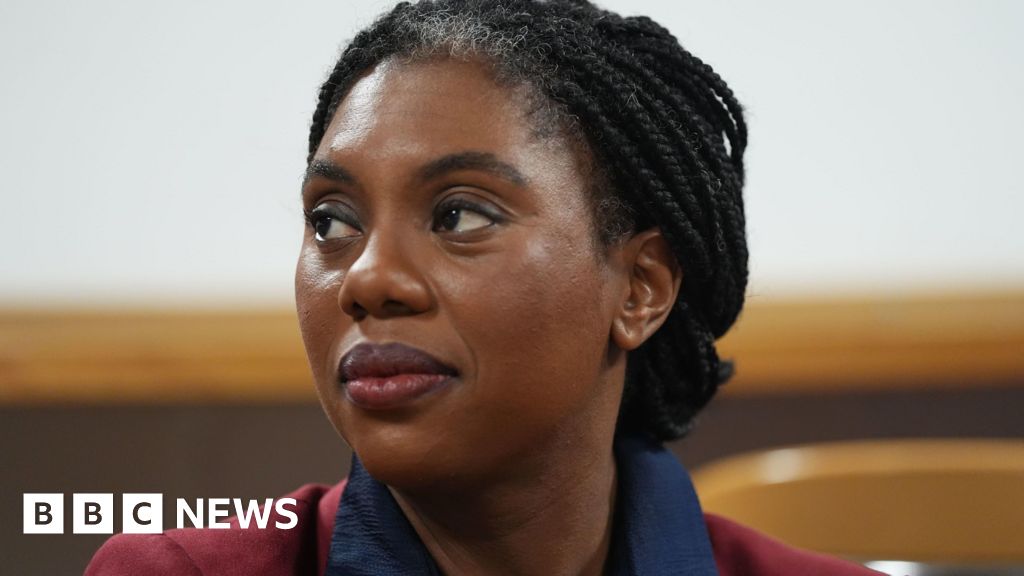ARTICLE AD BOX
By Chris Mason
BBC political editor
The Queen's absence from an occasion grounded in near timeless ritual and ceremony felt profound.
The Prince of Wales was deputising and, as former royal correspondent Jennie Bond put it beautifully on the BBC's Newscast podcast, he was walking in his future.
But remember, the State Opening of Parliament, for all its colour, is a shopping list delivered from a throne.
It is a collection of proposed new laws that the government plans (or hopes) to get round to in the next year or so.
It isn't - and it can't be - a Budget.
And that is the very thing that Labour is clamouring for, an "emergency Budget" as they call it.
So after the ceremony in the morning, the politics in the afternoon fell into the broadly familiar tram tracks of recent political debate.
A chorus of consistency from the opposition parties, arguing the government must do more, and ministers arguing they have done quite a bit already, and there will be more to come.
There is an awareness in government of the potential plunge over the next year or so towards recession.
Already, prices are spiralling and the prospect is they will spiral further.
And the recent economic context shapes the political debate now.
Pandemic pressures
Covid prompted a government intervention in the economy, with ideas such as furlough, that was so big you could see it from space - hundreds of billions of pounds of life support at a time where the fear of depression, not merely recession, stalked Whitehall.
Such a recent and colossal crutch propping up the economy has created a precedent and a comparator, against which support now can be seen as puny.
As ministers wrestle with the financial consequences of the pandemic, there is a bill of £80bn a year in interest payments on the national debt.
They draw a parallel with pandemic - how the economic crunch will require the same "ingenuity and compassion."
But the prime minister adds that "no country is immune" from what he sees as the economic aftershocks of Covid and the war in Ukraine.
And crucially, he adds: "No government can realistically shield everyone from the impact."
That is very different to the messaging at the worst moments of Covid.
Covid yardstick
Few would suggest the government's intervention could or should be on the scale of a once in a century pandemic.
But the yardstick against which any help can be very recently compared makes it harder for ministers to look like they get the scale of the current squeeze for so many.
The big question is whether, having suggested they will do more in the autumn, they'll feel compelled to do more much sooner.

 2 years ago
49
2 years ago
49








 English (US) ·
English (US) ·